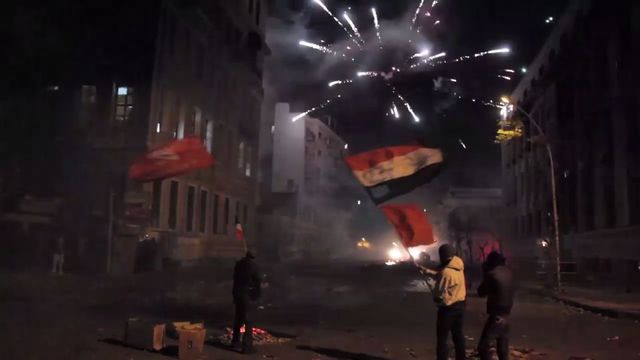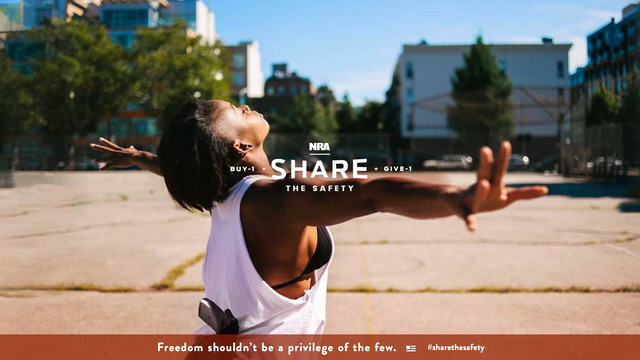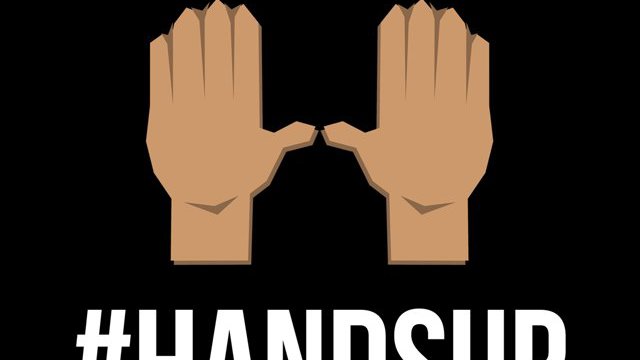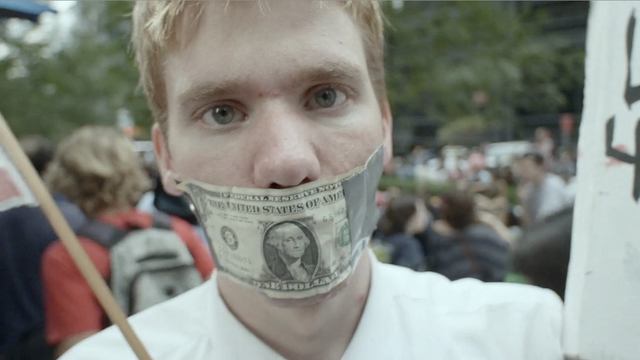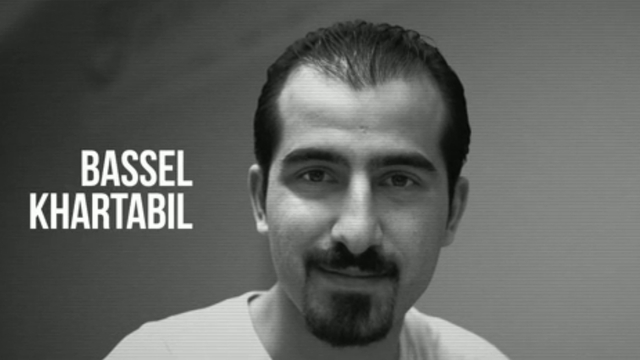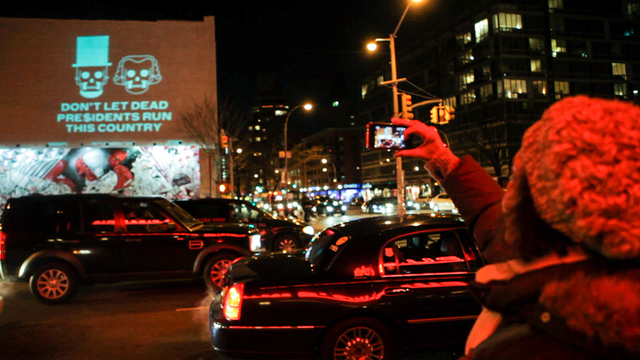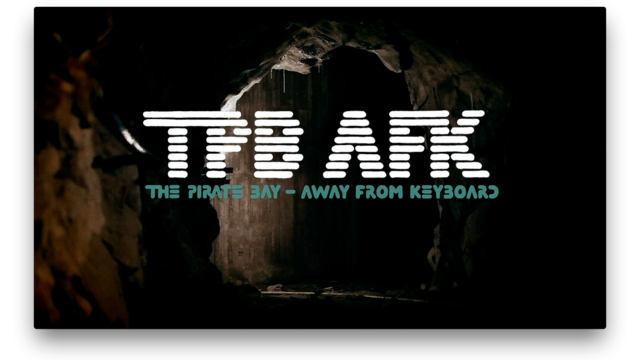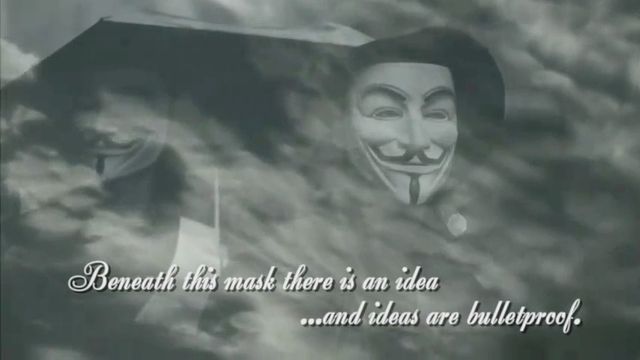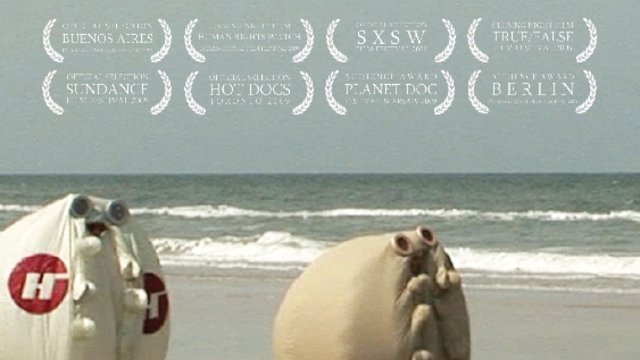In memoriam: Oleg Kireev
On Friday April 3, 2009 we received the terribly sad news that our friend and ever inspiring colleague Oleg Kireev from Moscow had died, apparently as a result of suicide. We are left behind as friends and colleagues, bereaved and puzzled by this dramatic fact. Kireev was a prominent guest in some of the most important projects in the art / media / politics triangle, which we had the honour developing at De Balie. Kireev was a crucial figure in circles of free culture, media activism and the arts in Moscow, one of the most demanding environments for such activity one can think of.
Read
